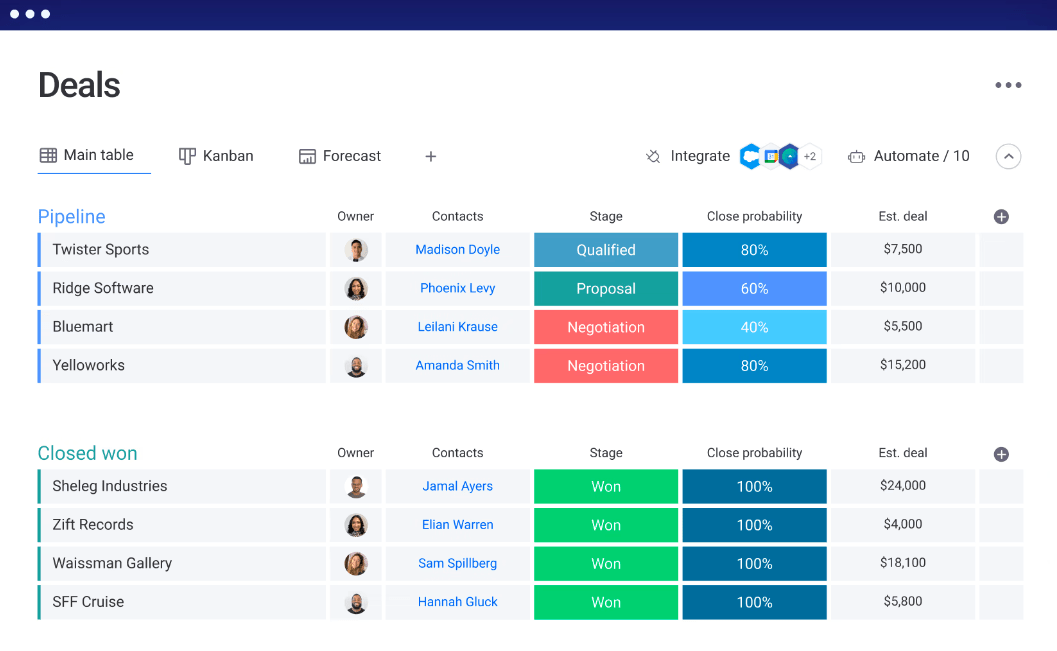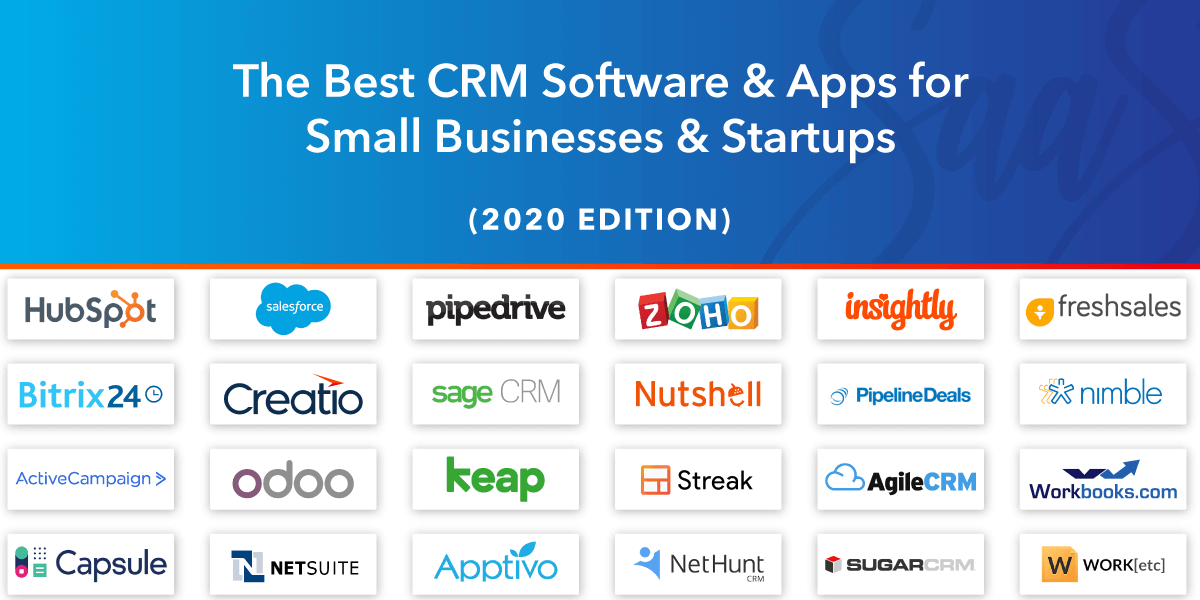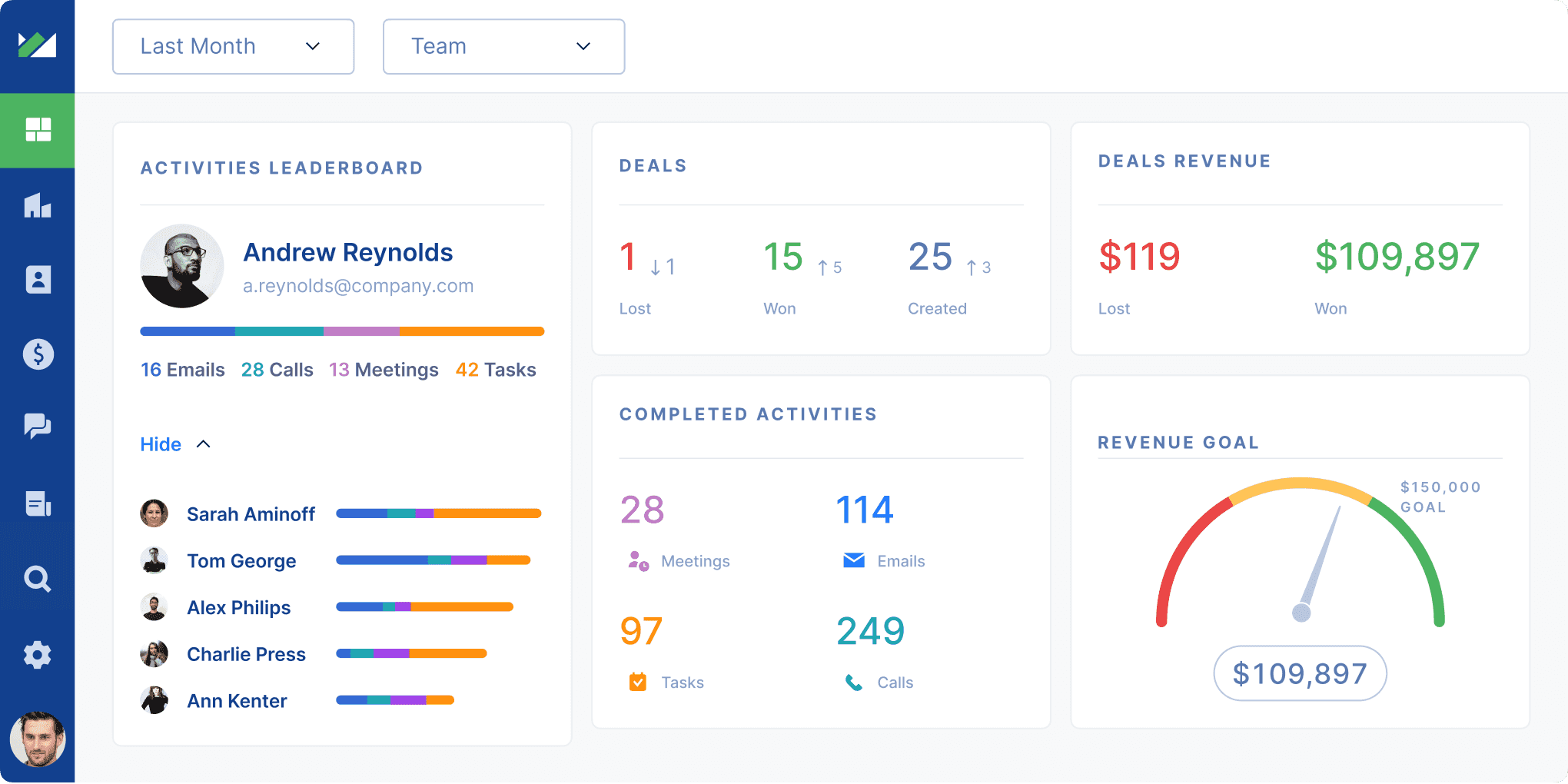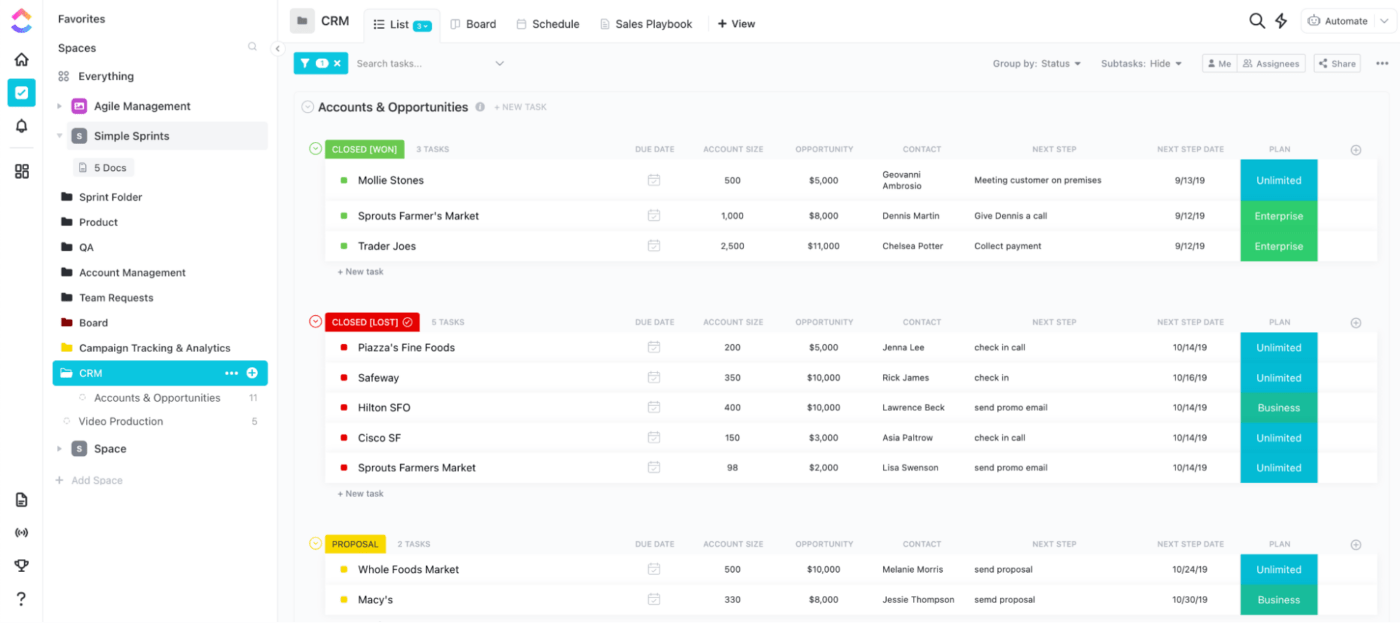Best crm for direct sales – In the realm of direct sales, the best CRM (Customer Relationship Management) software can be a game-changer, empowering sales teams to streamline their processes, enhance customer interactions, and ultimately drive revenue growth. This comprehensive guide delves into the essential elements of a direct sales CRM, providing insights into its key features, leading solutions, and best practices for successful implementation.
The challenges of direct sales demand a CRM solution that seamlessly integrates with sales processes, offering features tailored to the unique requirements of this dynamic field. By leveraging the right CRM, sales teams can automate tasks, track customer interactions, manage leads effectively, and gain valuable insights to optimize their strategies.
Understanding Direct Sales CRM
Direct sales, often referred to as face-to-face sales, involve salespeople directly interacting with potential customers to showcase products or services and close deals. This sales approach poses unique challenges and demands specific capabilities from a CRM system to optimize sales performance.
Direct sales teams require a CRM that caters to their unique requirements, such as:
- Lead generation and qualification:Identifying and qualifying potential customers who align with the company’s target market.
- Contact management:Maintaining and organizing customer data, including contact information, purchase history, and communication preferences.
- Sales pipeline management:Tracking the progress of sales opportunities through various stages, from initial contact to deal closure.
- Appointment scheduling:Enabling sales reps to schedule and manage appointments with prospects and customers.
- Sales forecasting:Predicting future sales based on historical data and current pipeline activity.
Challenges in Direct Sales
Direct sales teams face several challenges that can hinder their productivity and sales performance:
- Time constraints:Sales reps often have limited time to meet with potential customers and close deals, making it crucial to optimize their time and effort.
- Competition:Direct sales reps often face intense competition from other sales teams, requiring them to differentiate their offerings and stand out in the market.
- Customer churn:Retaining existing customers and minimizing customer churn is essential for long-term success in direct sales.
- Data management:Managing large volumes of customer data and ensuring its accuracy and accessibility is crucial for effective sales operations.
Benefits of CRM for Direct Sales
A CRM system can address these challenges and enhance sales performance in direct sales by providing:
- Centralized customer data:A CRM provides a central repository for all customer-related information, making it easily accessible to sales reps and other relevant teams.
- Automated processes:CRM systems can automate tasks such as lead generation, appointment scheduling, and sales forecasting, freeing up sales reps to focus on high-value activities.
- Improved communication:A CRM facilitates effective communication between sales reps and customers, enabling them to track interactions, respond promptly to inquiries, and nurture relationships.
- Data-driven insights:CRMs provide valuable data and insights into sales performance, enabling sales managers to identify areas for improvement and make informed decisions.
Key Features to Consider

Selecting a CRM tailored to direct sales requires careful consideration of specific features. These features play a pivotal role in enhancing sales performance, streamlining processes, and maximizing revenue.
Essential features for a direct sales CRM include:
Lead Management
- Lead capture and qualification: Capture leads from various sources and qualify them based on specific criteria to identify potential customers.
- Lead tracking and nurturing: Track lead interactions, monitor progress, and nurture leads through personalized communication.
- Lead scoring: Assign scores to leads based on their behavior and engagement, prioritizing high-potential prospects.
Contact Management
- Centralized contact database: Store and manage customer information, including contact details, preferences, and purchase history.
- Segmentation and targeting: Segment contacts based on demographics, behavior, or other criteria to target marketing and sales efforts.
- Communication tracking: Track all interactions with contacts, including emails, phone calls, and social media engagements.
Sales Pipeline Management, Best crm for direct sales
- Visual sales pipeline: Visualize the sales pipeline and track the progress of opportunities through different stages.
- Opportunity management: Manage opportunities, set milestones, and track key metrics to forecast revenue and identify potential roadblocks.
- Deal tracking: Monitor the status of deals, track negotiations, and close deals efficiently.
Reporting and Analytics
- Sales performance dashboards: Track key sales metrics, such as conversion rates, sales volume, and revenue.
- Customizable reports: Generate reports tailored to specific needs to analyze sales performance and identify areas for improvement.
- Data visualization: Visualize data to gain insights into sales trends, customer behavior, and opportunities.
Leading CRM Solutions
Direct sales teams require specialized CRM solutions to effectively manage their customer relationships and sales pipelines. Here are some of the top CRM solutions tailored for direct sales:
When selecting a CRM for direct sales, it’s essential to consider key features such as contact management, lead generation and qualification, opportunity tracking, and sales forecasting. Additionally, factors like pricing, customer support, and user-friendliness should be taken into account.
CRM Solution Comparison
The following table provides a comparison of the leading CRM solutions for direct sales, highlighting their key features, pricing, and customer reviews:
| CRM Solution | Key Features | Pricing | Customer Reviews |
|---|---|---|---|
| Salesforce |
|
Starts at $25/user/month |
|
| Zoho CRM |
|
Starts at $12/user/month |
|
| HubSpot CRM |
|
Starts at $45/month for paid plans |
|
| Pipedrive |
|
Starts at $12.50/user/month |
|
| Insightly |
|
Starts at $29/user/month |
|
Customization and Integration

Tailoring a CRM to align with specific business processes and workflows is paramount for maximizing its effectiveness. By customizing fields, layouts, and workflows, businesses can ensure the CRM aligns seamlessly with their unique sales processes.
Integrating a CRM with other sales tools and systems, such as email marketing platforms, e-commerce systems, and accounting software, further enhances its capabilities. This integration streamlines data flow, eliminates manual data entry, and provides a comprehensive view of customer interactions across multiple channels.
Benefits of Customization
- Improved user adoption: A customized CRM tailored to the specific needs of sales teams increases user adoption and efficiency.
- Enhanced data accuracy: Customized fields and workflows ensure data is captured accurately and consistently, improving data quality.
- Increased productivity: Automated workflows and tailored dashboards streamline processes, reducing manual tasks and increasing productivity.
Benefits of Integration
- Centralized customer data: Integration provides a single, centralized repository for customer data, eliminating data silos and ensuring a comprehensive view of customer interactions.
- Automated data synchronization: Integration automates data synchronization between different systems, eliminating manual data entry and reducing errors.
- Improved collaboration: Integration facilitates collaboration between sales, marketing, and other teams by providing a shared platform for data access and communication.
Implementation and Best Practices: Best Crm For Direct Sales

Implementing a CRM for direct sales involves a systematic approach to ensure successful adoption and maximize its impact. Here’s a step-by-step guide to help you get started:
Additionally, optimizing CRM usage requires following best practices that enhance its effectiveness. These include:
Data Management
- Establish clear data entry guidelines to ensure data accuracy and consistency.
- Regularly clean and verify data to remove duplicates, correct errors, and maintain data integrity.
- Set up automated data import and export processes to streamline data exchange.
Sales Process Optimization
- Configure the CRM to align with your specific sales process, including stages, activities, and milestones.
- Automate tasks such as lead assignment, follow-up reminders, and proposal generation.
- Track key performance indicators (KPIs) to monitor sales progress and identify areas for improvement.
Customer Relationship Management
- Use the CRM to manage customer interactions, track communication history, and provide personalized experiences.
- Segment customers based on demographics, purchase behavior, and other relevant criteria.
- Develop targeted marketing campaigns and nurture leads through automated email sequences.
Team Collaboration
- Enable team collaboration by sharing data, assigning tasks, and facilitating communication.
- Use the CRM as a central platform for team members to access information and coordinate activities.
- Foster a culture of knowledge sharing and best practice exchange.
Mobile Accessibility
- Ensure the CRM is accessible on mobile devices to empower sales teams on the go.
- Provide offline access to data and functionality for situations where internet connectivity is limited.
- Leverage mobile CRM features such as GPS tracking, voice notes, and image capture.
Success Stories and Case Studies

Real-world examples and case studies demonstrate the transformative impact of CRM in direct sales, showcasing tangible benefits and return on investment (ROI).
These success stories provide insights into the effective implementation and utilization of CRM solutions, highlighting best practices and strategies.
Benefits and ROI
- Increased sales revenue through improved lead management and conversion rates.
- Enhanced customer satisfaction and loyalty due to personalized interactions and proactive support.
- Reduced operational costs by automating tasks, streamlining processes, and eliminating redundancies.
- Improved sales productivity and efficiency through centralized access to customer data and real-time insights.
Case Study: Company A
Company A, a leading provider of software solutions, implemented a CRM to manage its direct sales operations. The CRM helped them:
- Increase sales by 20% through improved lead qualification and follow-up.
- Reduce customer churn by 15% by identifying at-risk customers and providing proactive support.
- Save $100,000 annually by automating repetitive tasks and streamlining processes.
Final Review
In conclusion, selecting and implementing the best CRM for direct sales is a strategic investment that can transform sales operations. By carefully considering the features, customization options, and integration capabilities of various CRM solutions, businesses can empower their sales teams with the tools they need to excel in today’s competitive market.
Embracing the power of a CRM not only enhances sales performance but also fosters stronger customer relationships, driving long-term success and profitability.